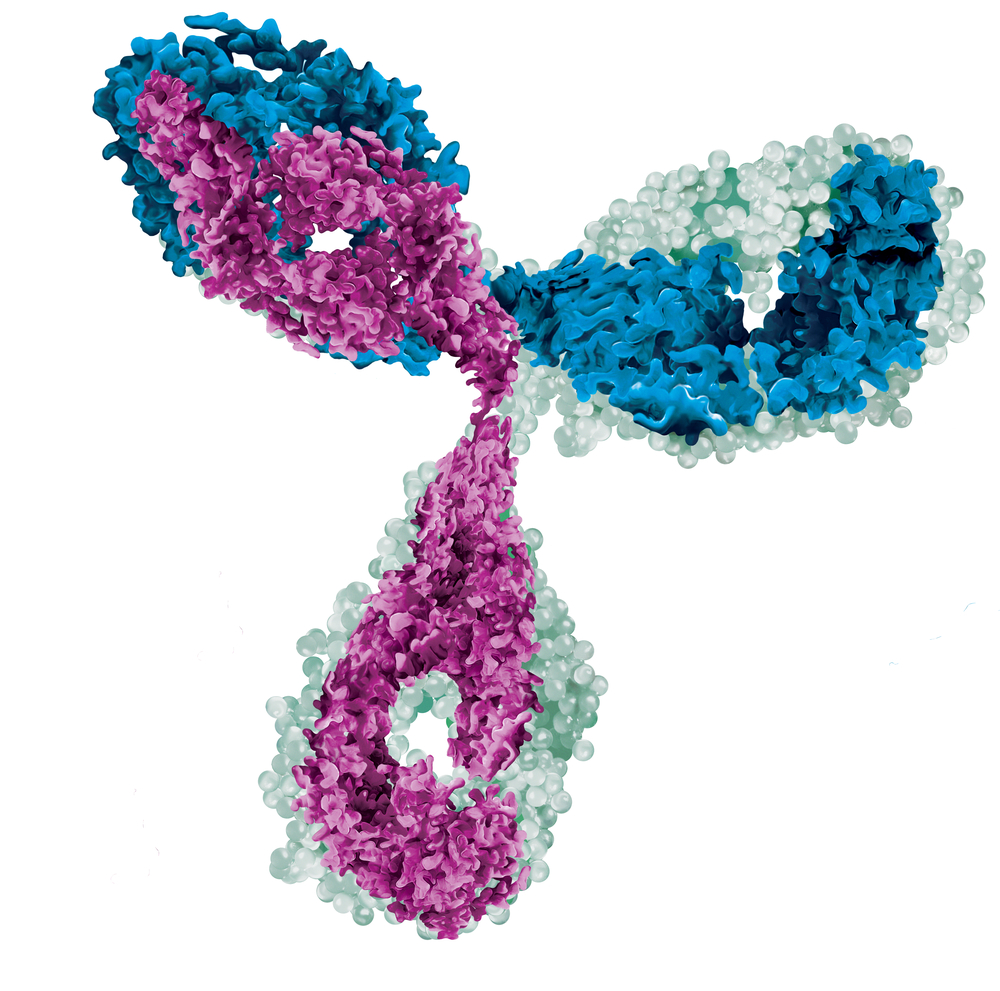CLOSTRIDIUM DIFFICILE GDH ANTIBODY – CLONE GD10
Mouse anti Clostridium difficile GDH antibody (clone GD10) is specific for Clostridium difficile glutamate dehydrogenase (GDH). The antibody is suitable for use in ELISA assay research and development.
PRODUCT DETAILS – CLOSTRIDIUM DIFFICILE GDH ANTIBODY – CLONE GD10
- Mouse anti Clostridium difficile GDH IgG1 antibody (clone GD10).
- Greater than 95% purity by SDS-PAGE and buffered in PBS, pH7.4.
- Suitable for immunoassay development.
BACKGROUND
Clostridium difficile (C. difficile) is a gram positive spore-forming anaerobic bacterium. Two forms of the organisms exist, a dormant antibiotic resistant spore form and a vegetative form that produce toxins and is susceptible to antibiotics. C. difficile can cause a spectrum of diseases known collectively as C. difficile infections (CDI) that range from asymptomatic infection or self-limiting mild diarrhoea to pseudomembranous colitis, toxic megacolon and death. Further studies have shown that C. difficile is predominantly associated with cases of infectious diarrhoea in patients that have been treated with antibiotics or have disrupted commensal gastrointestinal flora, and is recognised as a leading cause of severe gastrointestinal disease in hospitalised patients (Voth, DE).
C. difficile spores are found in soil, human and animal faeces, and some processed meats and can be transmitted from one individual to another through contact with contaminated surfaces. Toxins A and B have been identified as major C. difficile virulence factors, which are encoded by the tcdA and tcdB genes respectively. Both toxin A and toxin B have proinflammatory and cytotoxic activity, which causes disruption to the intestinal epithelium leading to extensive damage and cell death in the large intestine (Carter, GP).
Clostridium difficile produces a metabolic enzyme NAD-specific glutamate dehydrogenase (GDH), which converts l-glutamate into α-ketoglutarate. Reports suggest that the GDH enzyme may play a key role in the pathogenesis of CDI. GDH can be detected in the stool samples of patients with C. difficile-associated disease and its presence currently serves as a diagnostic tools to detect C. difficile infection (CDI) (Girinathan, BP).
REFERENCES
- Voth, DE et al. (2005). Clostridium difficile Toxins: Mechanism of Action and Role in Disease. Clin Microbiol Rev.18(2): 247–263.
- Carter, GP et al (2010). The role of toxin A and toxin B in Clostridium difficile-associated disease. Past and present perspectives. Gut Microbes.1(1): 58–64.
- Girinathan BP, Braun SE, Govind R. (2014). Clostridium difficile glutamate dehydrogenase is a secreted enzyme that confers resistance to H2O2. Microbiology. Jan;160(Pt 1):47-55.

